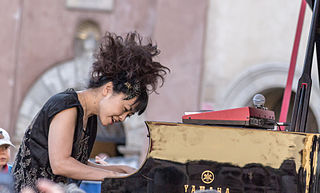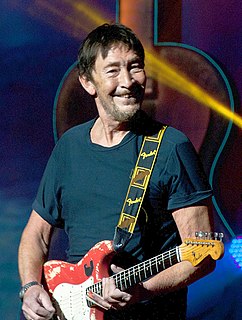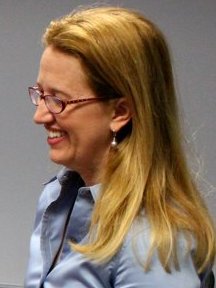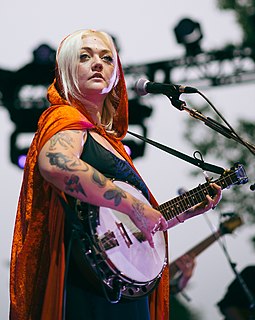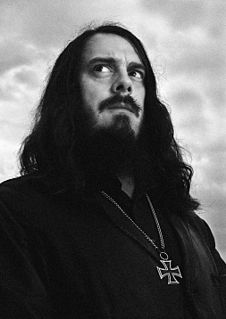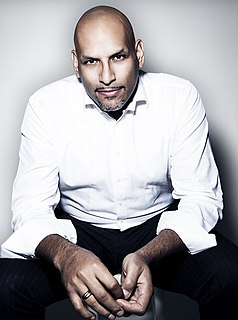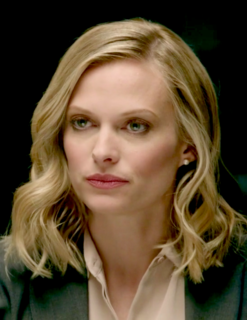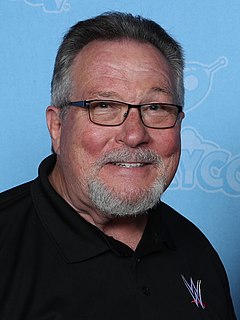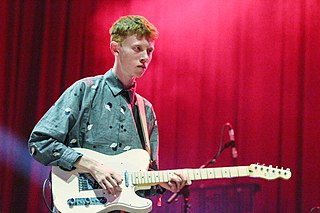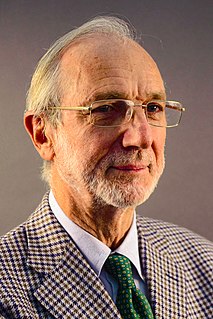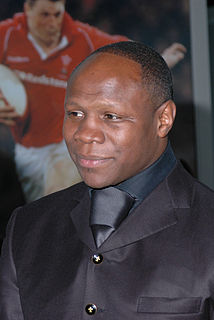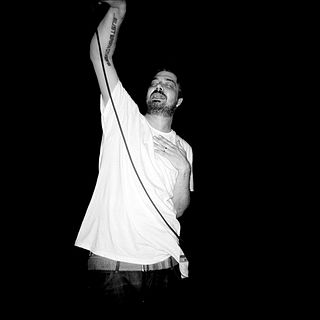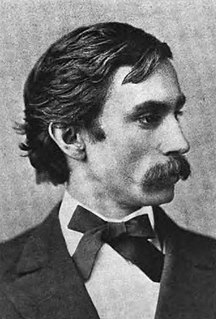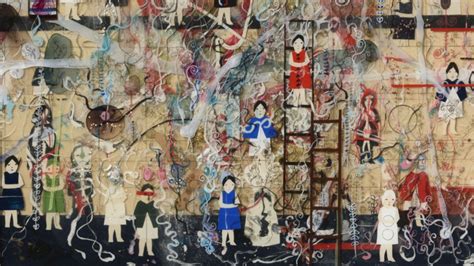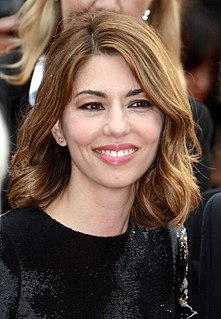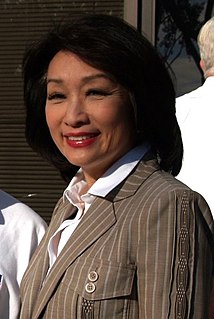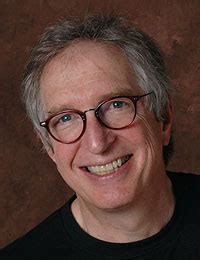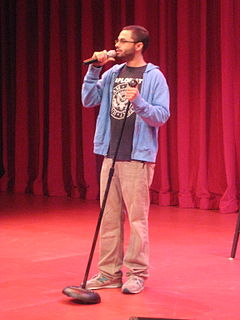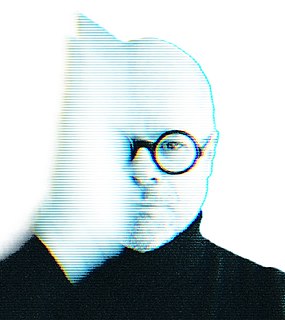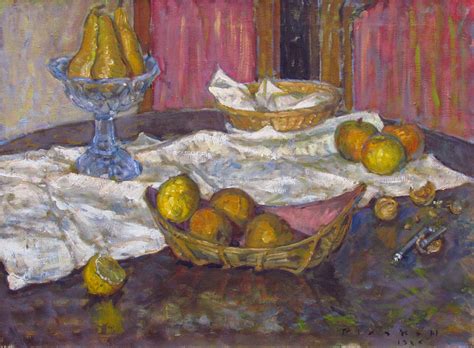Top 1200 Art School Quotes & Sayings - Page 17
Explore popular Art School quotes.
Last updated on April 21, 2025.
If a parent wants to choose where their kid goes to school, they can either fork over a whole bunch of money in tuition for private school or they can buy a new house near the school of their choice. And it's driving up property prices in certain key areas. When you stop and think about it, that's kind of ridiculous.
I can't tell you what art does and how it does it, but I know that often art has judged the judges, pleaded revenge to the innocent and shown to the future what the past suffered, so that it has never been forgotten. Art, when it functions like this, becomes a meeting-place of the invisible, the irreducible, the enduring, guts, and honor.
I absolutely cannot see how one can later make up for having failed to go to a good school at the proper time. For this is what distinguishes the hard school as a good school from all others: that much is demanded; and sternly demanded; that the good, even the exceptional, is demanded as the norm; that praise is rare, that indulgence is nonexistent; that blame is apportioned sharply, objectively, without regard for talent or antecedents. What does one learn in a hard school? Obeying and commanding.
Think about it: you've already related it down to something that somebody else can understand. If art relates to something - it's like Picasso, it's like Mondrian - it's not. Art's supposed to be what it is. Using a reference of art history might help for some kind of sales, but it doesn't really help anybody. Art is what it is; it cannot be footnoted, until it enters the world. Then it has a history. Then the footnotes are the history, not the explanation.
And one of the things I noticed pretty early on in art school was that my classmates had no notion of an audience. Right? I mean, growing up with the mother that I did, I learned that when you walk into the dry cleaners, there's an audience waiting for you. You know, maybe it's just the person behind the counter.
Some people flinch when you talk about art in the context of the needs of society thinking you are introducing something far too common for a discussion of art. Why should art have a purpose and a use? Art shouldn't be concerned with purpose and reason and need, they say. These are improper. But from the very beginning, it seems to me, stories have indeed been meant to be enjoyed, to appeal to that part of us which enjoys good form and good shape and good sound.
There was certainly nothing really sexual about my youth growing up, simply because the fact remains if you're the fat kid in a school and I was the only fat black kid in the school - in fact, I was the only black kid in the school - but if you are kind of ostracized on many different levels in your school the last thing you're worried about is sex.
Architecture is art. I don't think you should say that too much, but it is art. I mean, architecture is many, many things. Architecture is science, is technology, is geography, is typography, is anthropology, is sociology, is art, is history. You know all this comes together. Architecture is a kind of bouillabaisse, an incredible bouillabaisse. And, by the way, architecture is also a very polluted art in the sense that it's polluted by life, and by the complexity of things.
All art is propaganda. ... The only difference is the kind of propaganda. Since art is essential for human life, it can't just belong to the few. Art is the universal language, and it belongs to all mankind. All painters have been propagandists or else they have not been painters. ... Every artist who has been worth anything in art has been such a propagandist. ... Every strong artist has been a propagandist. I want to be a propagandist and I want to be nothing else. ... I want to use my art as a weapon.
We profess to teach the principles and practice of medicine, or, in other words, the science and art of medicine. Science is knowledge reduced to principles; art is knowledge reduced to practice. The knowing and doing, however, are distinct. ... Your knowledge, therefore, is useless unless you cultivate the art of healing. Unfortunately, the scientific man very often has the least amount of art, and he is totally unsuccessful in practice; and, on the other hand, there may be much art based on an infinitesimal amount of knowledge, and yet it is sufficient to make its cultivator eminent.
I count my time by times that I meet thee;
These are my yesterdays, my morrows, noons,
And nights, these are my old moons and my new moons.
Slow fly the hours, fast the hours flee,
If thou art far from or art near to me:
If thou art far, the bird's tunes are no tunes;
If thou art near, the wintry days are Junes.
In '68 I was 13 years old, so I was a child, but I felt a lot of excitement in listening to things, looking at the pop art coming over from America. My father was an art collector, and he was coming home with these strange pieces of art that weren't exposed in museums. At the time, it was quite revolutionary, very adventurous.
I think the big challenge that we've got on education is making sure that from kindergarten or prekindergarten through your 14th or 15th year of school, or 16th year of school, or 20th year of school, that you are actually learning the kinds of skills that make you competitive and productive in a modern, technological economy.
I got into medical school at the University of California in San Francisco and did well. A lot of smart kids in medical school, and believe me, I wasn't not nearly the smartest one, but I was the most focused and the happiest kid in medical school. In 1979, I graduated as the valedictorian and was honored with the Gold Cane Award.
I really didn't know what I wanted to do. I went to art school and tried a bunch of different things, but I knew I wanted to do something in the visual arts. And I'd always been around my dad's film sets, so the interest was there. But I didn't have the guts to say, "I want to be a director," especially coming from that family.
You're confusing product with process. Most people, when they criticize, whether they like it or hate it, they're talking about product. That's not art, that's the result of art. Art, to whatever degree we can get a handle on (I'm not sure that we really can) is a process. It begins in the heart and the mind with the eyes and hands.



